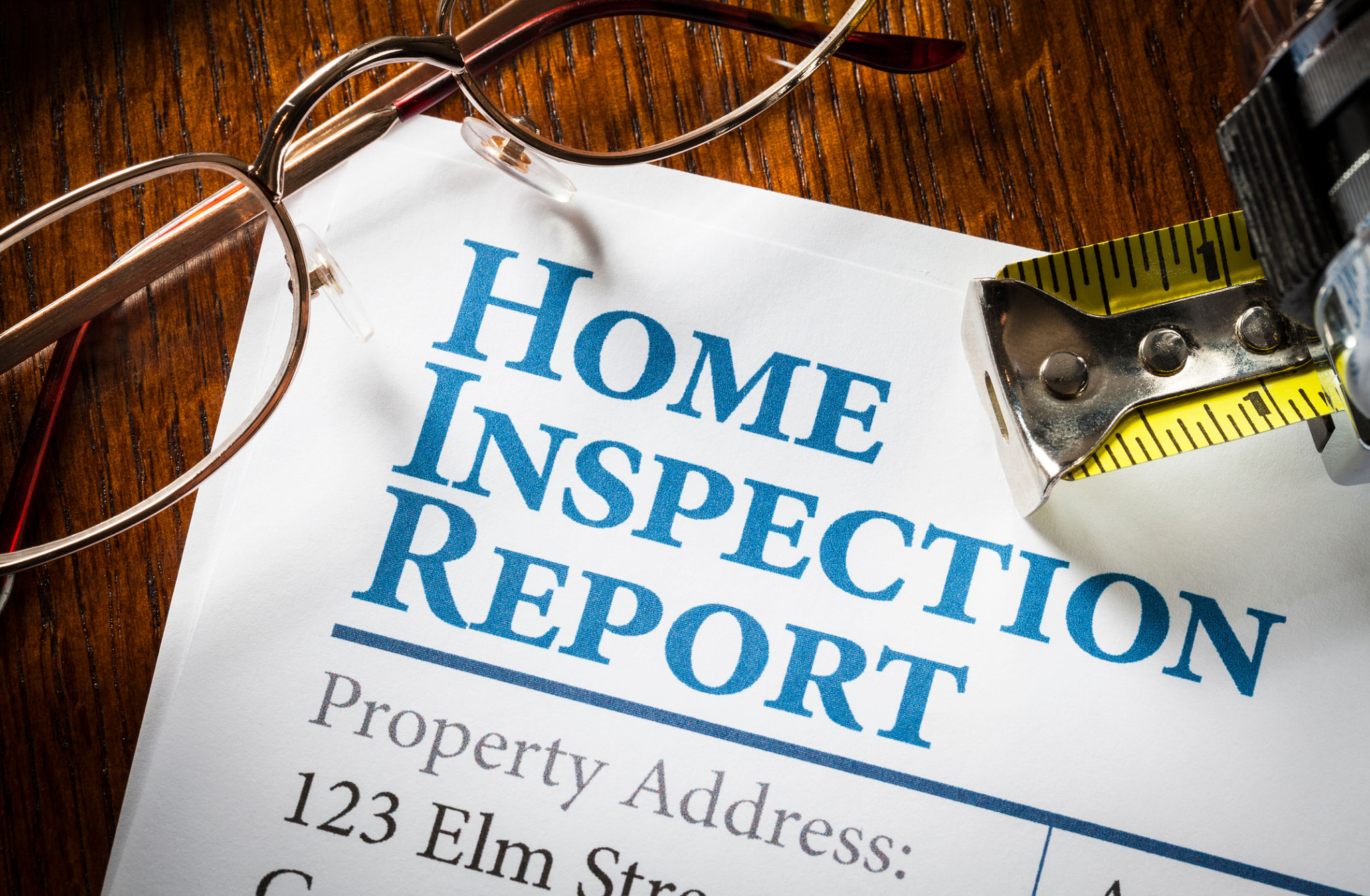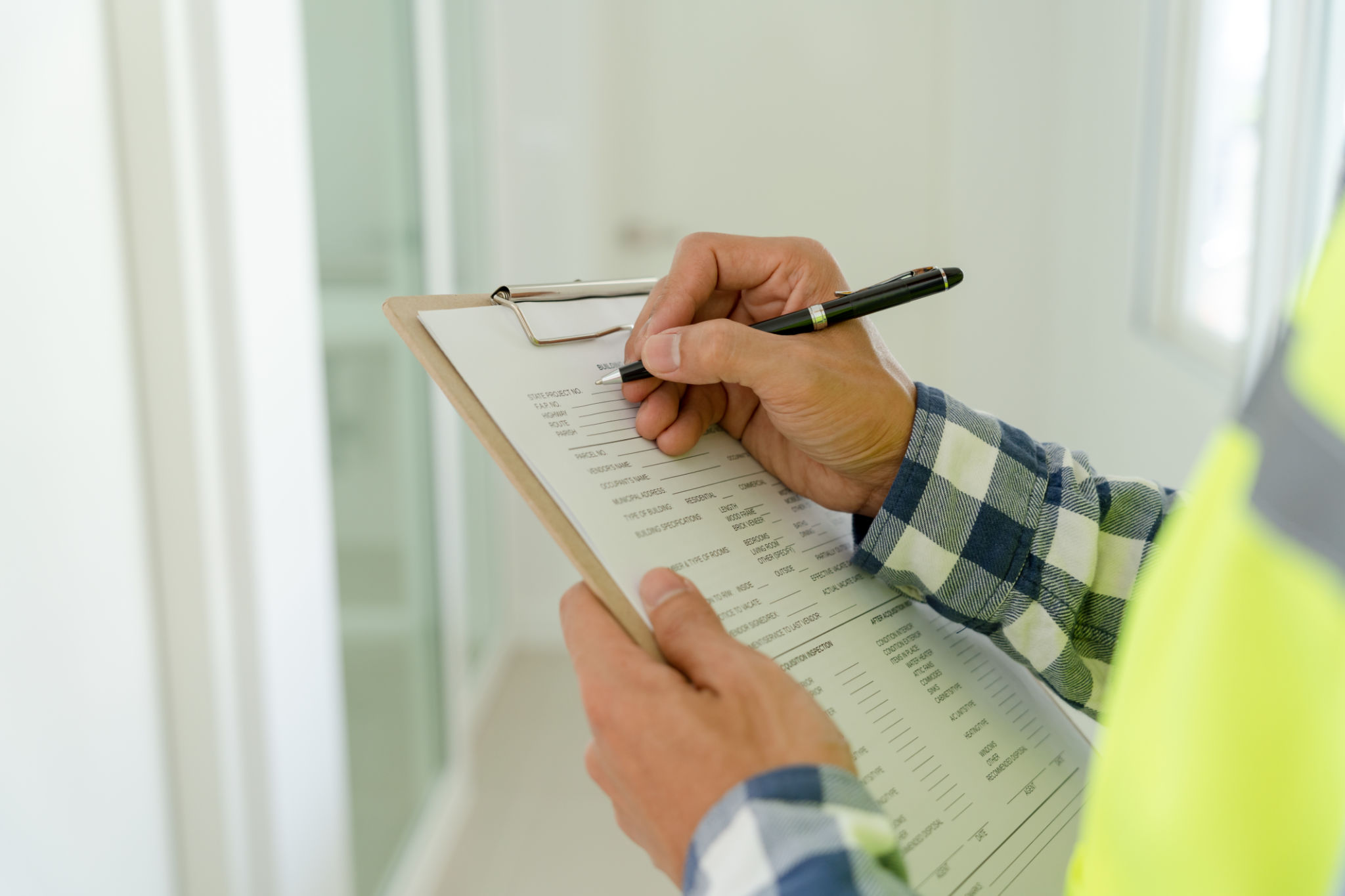Essential Home Inspection Services Near Me: What Buyers Need to Know
Understanding Home Inspection Services
When purchasing a home, it's crucial to ensure that your investment is sound. A comprehensive home inspection is a key step in this process. Home inspections provide a detailed examination of the condition of a property, helping buyers identify any potential issues before finalizing the purchase. Understanding what a home inspection entails and why it's important can save you from unexpected costs and stress down the line.

What Does a Home Inspection Cover?
A typical home inspection covers a wide range of structural and mechanical components of a property. Inspectors usually examine the foundation, roof, electrical systems, plumbing, heating and cooling systems, windows, doors, and more. Each of these components is checked for signs of damage or wear that could affect the integrity or value of the home.
Some inspections may also include checks for pests, mold, or radon, depending on the location and specific concerns of the buyer. It's important to discuss with your inspector what areas you want to be covered in your inspection to ensure no stone is left unturned.
The Importance of Hiring a Qualified Inspector
Not all home inspectors are created equal. Hiring a qualified and experienced inspector is vital for receiving an accurate and thorough report. Look for inspectors who are certified by reputable organizations such as the American Society of Home Inspectors (ASHI) or the International Association of Certified Home Inspectors (InterNACHI).

Experienced inspectors will not only identify current issues but also provide insight into potential future problems. Their expertise can be invaluable in negotiating repairs with sellers or deciding whether to proceed with a purchase.
Common Issues Uncovered During Inspections
During a home inspection, several common issues may be uncovered. These include:
- Roof damage or leaks
- Faulty wiring or outdated electrical systems
- Plumbing leaks or blockages
- Foundation cracks or settlement issues
- Poor insulation or ventilation
Identifying these issues early can save you from costly repairs in the future and provide leverage in negotiating the price or repair terms with the seller.

Preparing for Your Home Inspection
To get the most out of your home inspection, there are a few steps you can take to prepare. Firstly, ensure that all areas of the house are accessible to the inspector, including attics, basements, and crawl spaces. Make a list of any specific concerns you have about the property to discuss with your inspector.
It's also beneficial to attend the inspection if possible. This allows you to ask questions directly and gain a better understanding of any issues that are discovered. Following up with your inspector after receiving the report can also clarify any uncertainties and provide additional guidance on necessary repairs.
Next Steps After Receiving the Inspection Report
Once you receive your home inspection report, review it carefully. Identify any major concerns and consider how they might impact your decision to purchase the home. If significant issues are present, you may choose to negotiate repairs with the seller or adjust your offer accordingly.

A well-conducted home inspection is an essential tool for any prospective homeowner. By understanding what to expect and how to utilize the information provided, you can make informed decisions and secure your investment with confidence.
